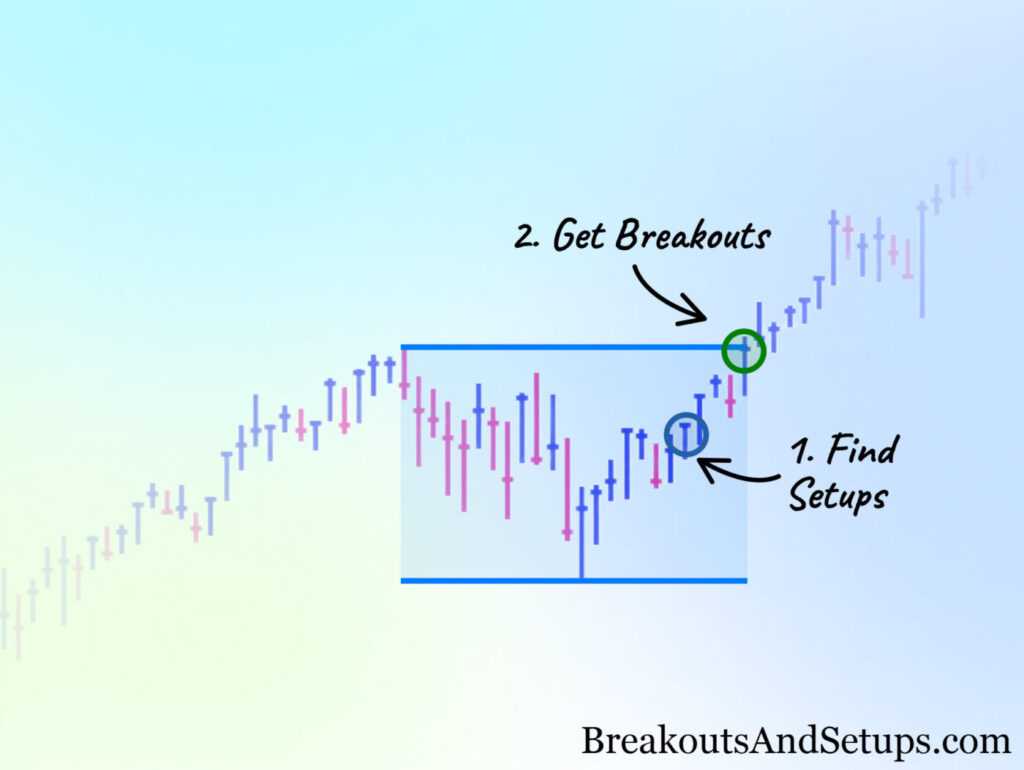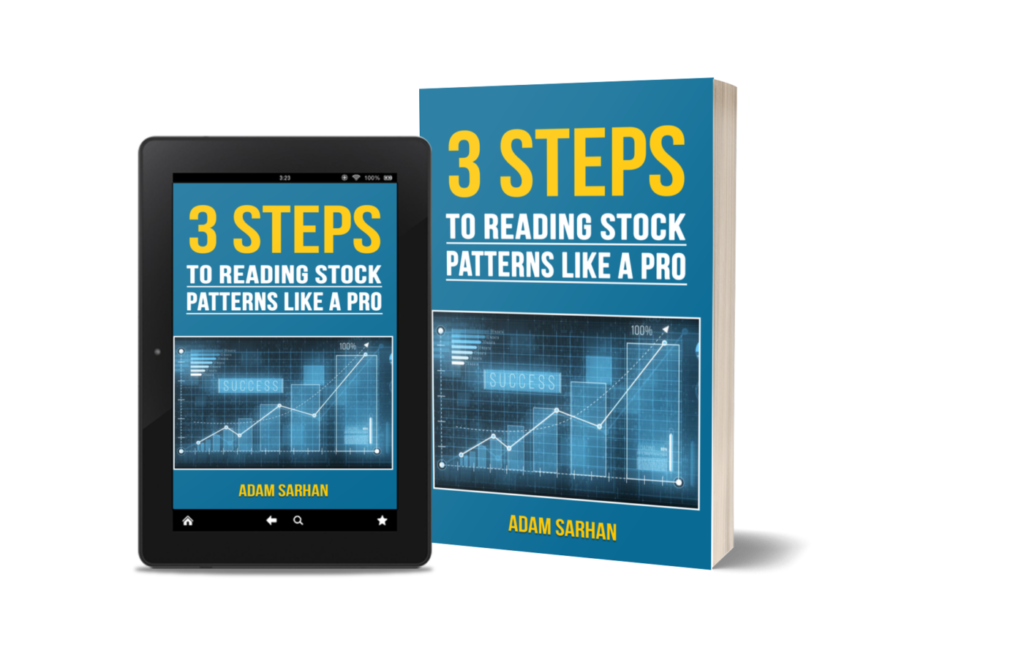 Who wants to be just an average trader? By definition, being average is doing what most other people do. Doing what other people do is only natural since investing is largely a psychological game. However, you cannot expect to do well in the market if you look at investing in a normal way.
Who wants to be just an average trader? By definition, being average is doing what most other people do. Doing what other people do is only natural since investing is largely a psychological game. However, you cannot expect to do well in the market if you look at investing in a normal way.
To beat the market, you have to be different.
Not necessarily in a straight jacket bouncing off padded walls different, just a little off.
Here are 10 things that may help you think differently from the crowd in that pursuit to achieve market dominance.
1. Do not think about making money, think about losing money
The first step toward success is accepting that losing is part of trading. You will not be right all of the time and you cannot always trade your way out of a bad situation. There will be times when you simply have to walk away with a loss and the key is to keep the losses small and manageable. When the market proves you wrong, take the loss.
2. Do not think you can average down to win
It’s a logical idea to add more to a losing position with the expectation that the market must eventually go your way. Many times this strategy will work. However, when it does not work, the loss may be insurmountable. The market does not eventually have to go your way.
 3. Do not think that your success is entitled
3. Do not think that your success is entitled
You may make a great trade, pick a really great stock and have a feeling like you really have the market figured out. Forget your gloating! No one ever has the market figured out. We must always remember that we have to work as smart for the next trade as we did for the last.
4. Do not think that talent is required
Making money in any trading endeavor requires technical skills, but more importantly emotional management. Emotional mastery is more important than stock picking skills. Learn to limit losses, let winners run and be selective with what you trade.
5. Do not think that you can tell the market what to do
The market does not care about you. It does not know that you want to make a profit. You are the slave and the market is your master. Be obedient and do what the market tells you to.
6. Do not think you are competing against other traders
Trading success comes to those who overcome themselves. Therefore, it is you and your persistent desire to break trading rules that is the ultimate adversary. What others are doing is of little consequence. Only you can react to the market and achieve your success.

7. Do not think that Fear and Greed can ever be positive
In life we believe that fear can keep us from harm and that greed can give us the motivation to work harder. In the market these two emotional forces will lead to losses. If your decisions are governed by these two emotions then you will most certainly find that your money escapes you.
8. Do not think you will remember everything you learn
Every trade provides a lesson with some valuable education on what to do and what not to do. However, it is likely that your lessons will contradict one another and lead you to forget many of them. Write down the knowledge that you accumulate. Return to this trading journal so that you can retain some value from the lessons taught by the market. Remember, the market is cruel and it gives the test first and the lesson after.
9. Do not think that being right will lead to profits
You may be exactly right about what the fundamentals are and what they are worth. However, timing is everything. If your expectations for the future are ill-timed, you may find yourself losing more than you can tolerate. Remember, the market can be wrong longer than you can be liquid.
10. Do not think you can overcome the laws of probability
Traders tend to be gamblers when they face a loss. Most of all, they tend to be risk averse when they have a potential for gain. They would rather lock in a sure profit and gamble against a probable loss even if the expected value of doing so is irrational. Trading is a probability game and each decision should be made on the basis of the best expected value and not what feels best.




